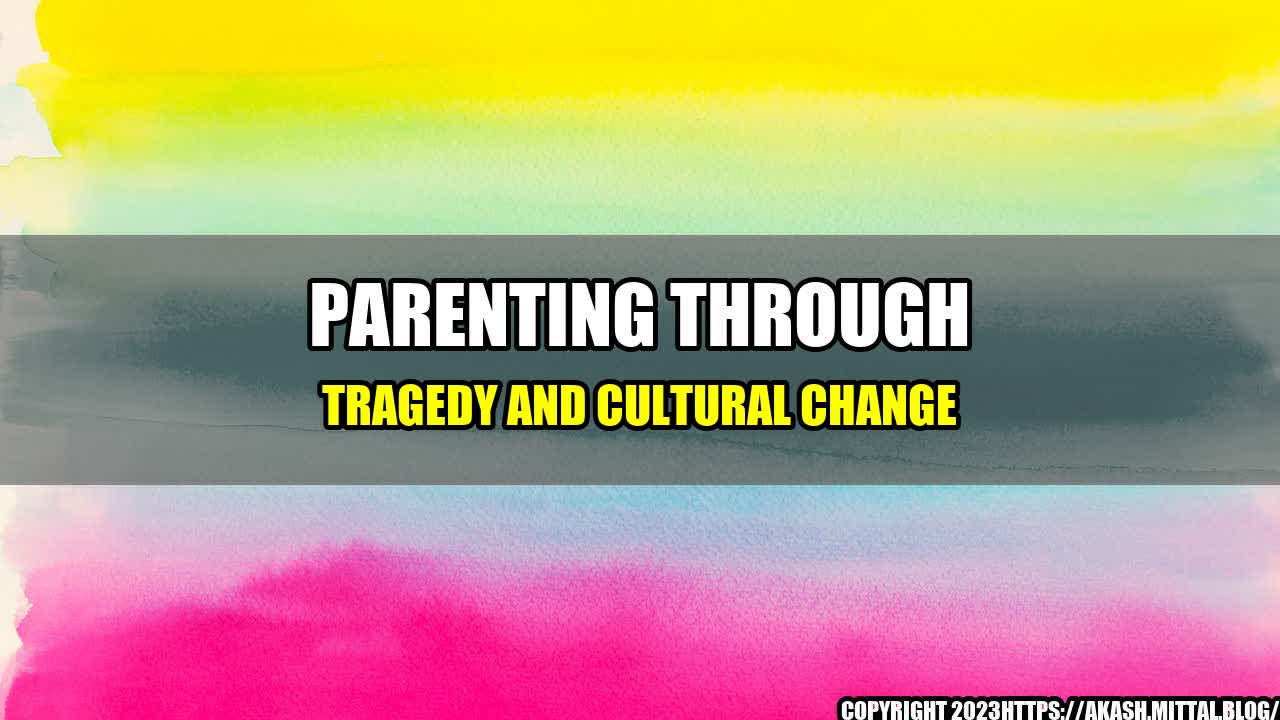One Family's Story
When Maria and Jose lost their young son to gun violence in their Detroit neighborhood, they were devastated. The shock and grief seemed to never leave them, and they found themselves struggling to find a way forward.
At first, they turned inward, trying to shield their other children from the pain. But as time went on, they realized they needed to take a different approach. They began reaching out to other families who had experienced similar tragedies, and they found solace in the shared experiences and support.
Through this difficult journey, Maria and Jose learned what it truly means to be parents - to put their children's needs above all else, even in the face of unimaginable loss. And they also learned the importance of community and solidarity. They found themselves advocating for policies that could prevent similar tragedies, and working with other parents to create a safer, more supportive environment for all children.
Tragedy and Cultural Change
Maria and Jose's story is not unique. Across Detroit and the United States, parents are facing increasing challenges when it comes to raising their children in a world fraught with tragedy and cultural change.
- In 2019, the United States had the highest rate of child gun deaths among high-income countries, with an average of 7 children dying from gun violence each day.
- Studies have shown that the COVID-19 pandemic has had a significant impact on parenting and family dynamics, including increased stress and anxiety, changes in work and school schedules, and limited access to essential services like childcare and healthcare.
- In recent years, the Black Lives Matter movement has sparked widespread conversations and protests around issues of racial injustice and police brutality, forcing many parents to address these difficult topics with their children.
Practical Tips for Parenting Through Tragedy and Cultural Change
So how can parents navigate these challenges and support their children through difficult times? Here are three practical tips:
- Encourage open communication: Create a safe space for your children to share their feelings and ask questions. Be honest with them, but also age-appropriate. Listen actively and validate their experiences.
- Find supportive communities: Reach out to other parents, local organizations, or online groups for support and resources. You don't have to go through this alone.
- Advocate for change: Whether it's supporting policies that promote gun safety, fighting for racial justice, or speaking out about mental health awareness, use your voice and your vote to make a difference.
and Case Studies
Here are a few examples of how parents have put these tips into action:
- After losing her son to gun violence, Maria joined a local support group for survivors of gun violence and began advocating for common-sense gun laws.
- When the COVID-19 pandemic hit, Emily and her husband had to juggle working from home and caring for their young children. They reached out to other parents in their neighborhood and created a virtual "parenting support group" to share tips and strategies for managing the challenges of the pandemic.
- As a Black mother, Alicia has had to navigate difficult conversations with her children about systemic racism and police violence. She has built a community of other Black parents and uses her social media platform to advocate for racial justice and share information with other families.
References and Hashtags
- Child Gun Deaths: https://www.cdc.gov/nchs/pressroom/podcasts/2021/20210708/20210708.htm
- Parenting and Family Dynamics During the COVID-19 Pandemic: https://www.ncbi.nlm.nih.gov/pmc/articles/PMC7469721/
- Black Lives Matter: https://blacklivesmatter.com/
- Hashtags: #parenting #tragedy #culturalchange #gunviolence #COVID19 #BLM #racialjustice
- Category: Parenting/Current Events

Curated by Team Akash.Mittal.Blog
Share on Twitter Share on LinkedIn